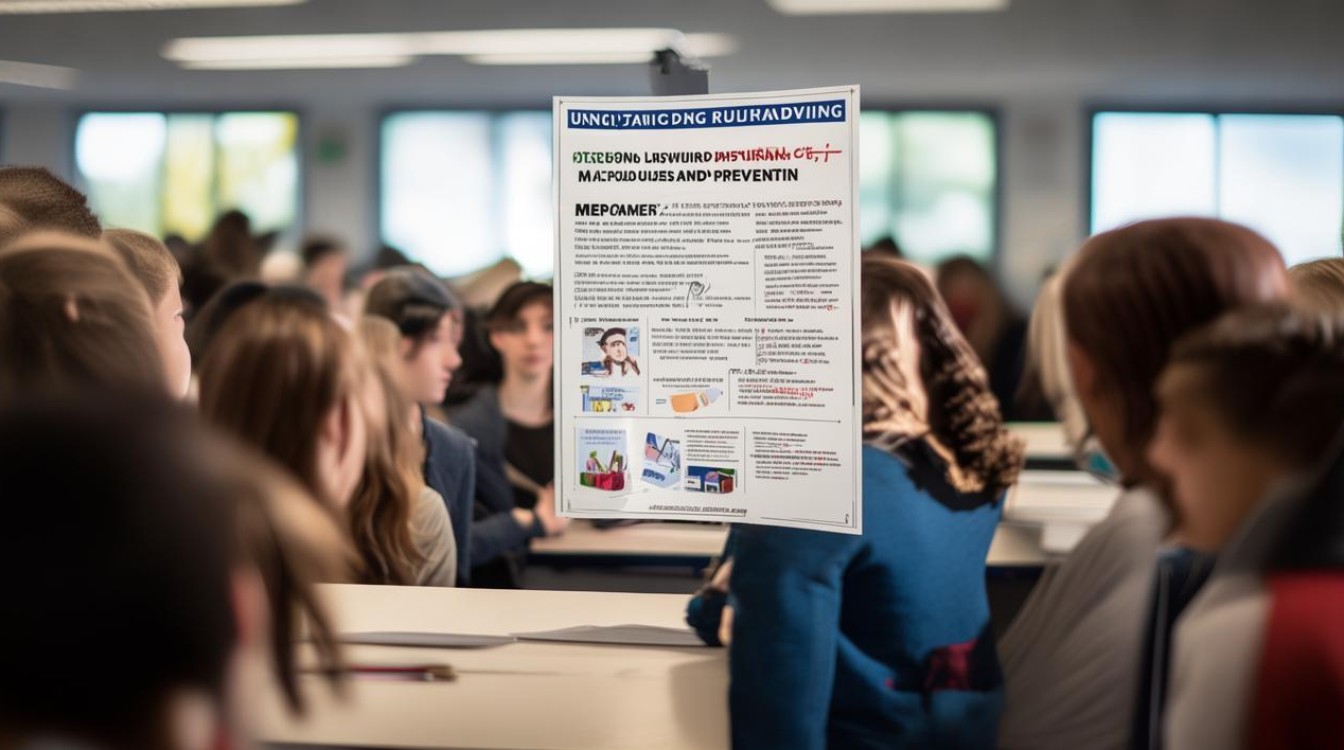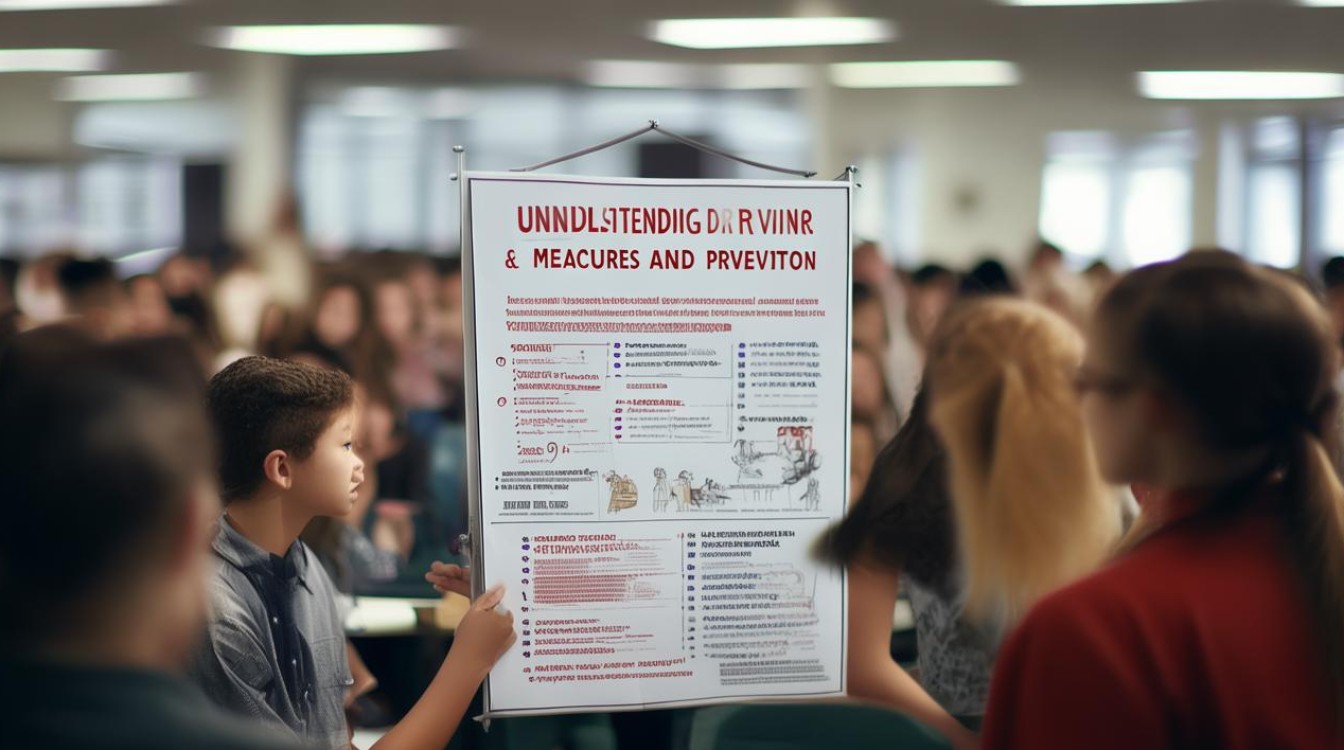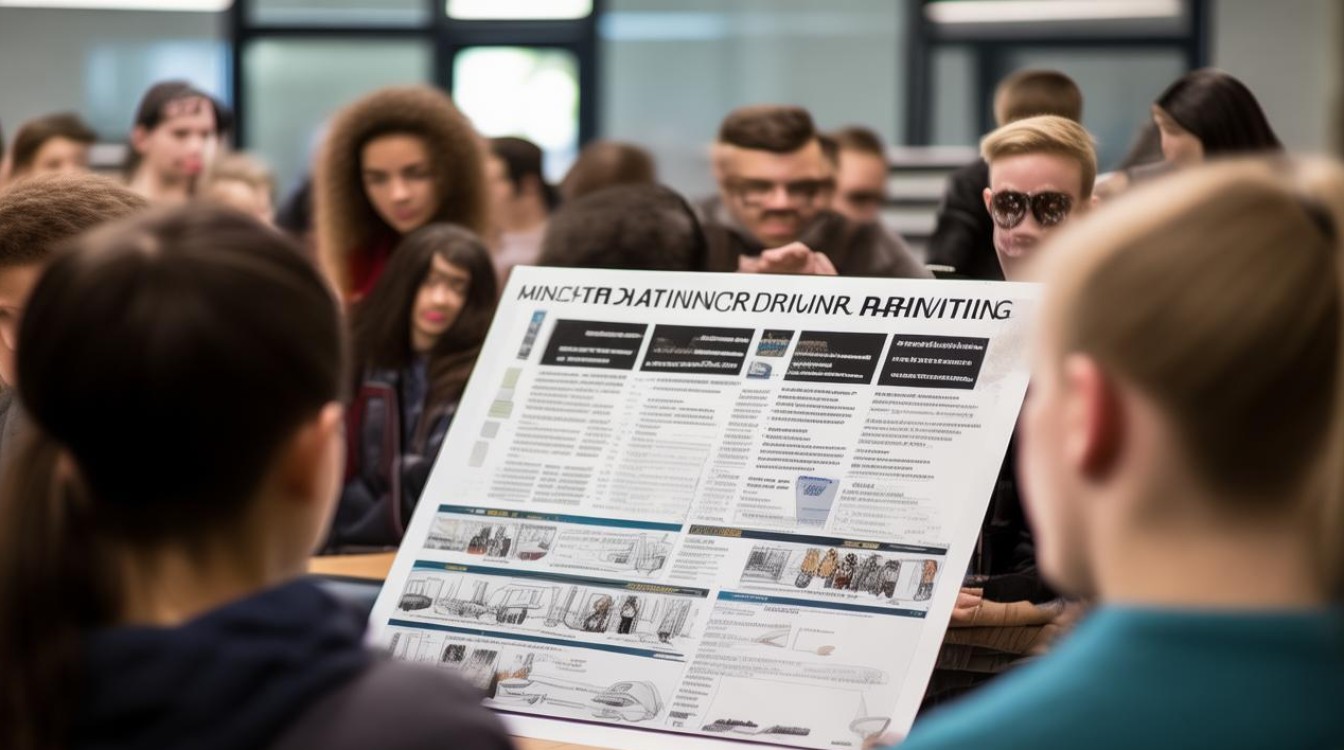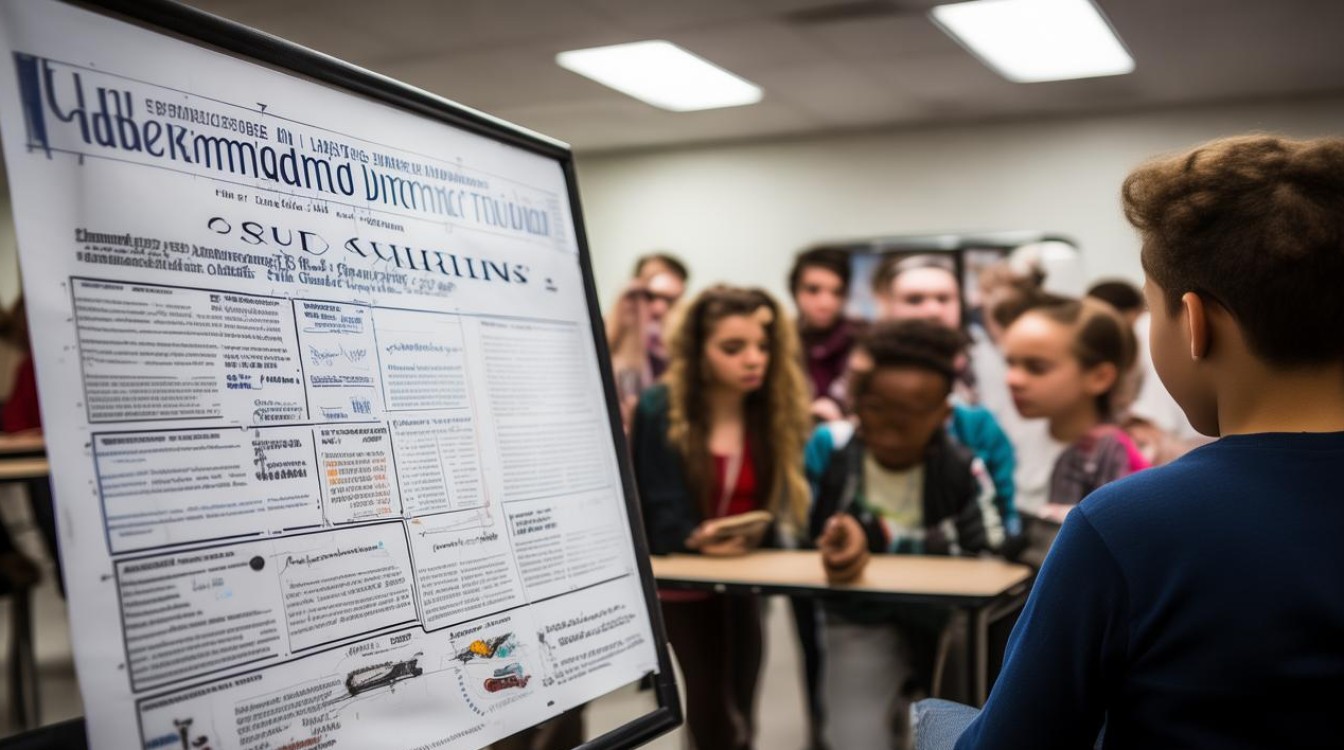Drunk driving remains a serious issue worldwide, leading to countless accidents, injuries, and fatalities each year. Governments, organizations, and individuals must take effective measures to combat this dangerous behavior. This article explores the risks of drunk driving, existing prevention strategies, and how society can further reduce incidents through education, technology, and stricter laws.

The Dangers of Drunk Driving
Alcohol impairs judgment, slows reaction time, and reduces coordination—critical skills for safe driving. Even small amounts of alcohol can affect a driver’s ability to operate a vehicle safely. According to the World Health Organization (WHO), drunk driving contributes to nearly 30% of all traffic-related deaths globally.
The consequences extend beyond legal penalties. Victims of drunk driving accidents often suffer long-term physical and emotional trauma. Families lose loved ones, and communities bear the financial burden of medical costs and lost productivity.
Current Measures Against Drunk Driving
Strict Legal Penalties
Many countries enforce severe punishments for drunk driving, including fines, license suspension, and imprisonment. Some regions impose mandatory jail time for repeat offenders. These laws serve as deterrents, discouraging individuals from driving under the influence.
Sobriety Checkpoints
Police departments conduct random breathalyzer tests to identify intoxicated drivers. These checkpoints increase the perceived risk of being caught, encouraging people to avoid drinking and driving.

Public Awareness Campaigns
Governments and NGOs run educational programs highlighting the dangers of drunk driving. Campaigns like "Don’t Drink and Drive" use advertisements, social media, and community events to spread awareness.
Ride-Sharing and Designated Drivers
The rise of ride-sharing apps like Uber and Lyft provides safer alternatives to driving after drinking. Encouraging the use of designated drivers also helps reduce incidents.
Ignition Interlock Devices
Some jurisdictions require convicted drunk drivers to install breathalyzer-linked ignition systems. The vehicle will not start if alcohol is detected, preventing repeat offenses.
How Society Can Strengthen Prevention
Education in Schools and Workplaces
Teaching young people about responsible alcohol consumption before they start driving can instill lifelong habits. Workplaces should also promote safe transportation options for employees attending company events where alcohol is served.

Technology and Innovation
Future advancements, such as in-car alcohol detection systems, could automatically prevent impaired driving. Automakers are exploring sensors that measure blood alcohol levels through touch or breath before allowing the car to start.
Community Involvement
Local groups can organize safe ride programs or partner with bars to offer discounted non-alcoholic beverages. Encouraging bystanders to intervene when someone attempts to drive drunk can save lives.
Stronger Support for Rehabilitation
Repeat offenders often struggle with alcohol dependency. Providing access to treatment programs alongside legal consequences can address the root cause of drunk driving behavior.
Personal Responsibility Matters
While laws and technology play crucial roles, individual choices make the biggest difference. Choosing not to drive after drinking, intervening when friends are at risk, and supporting stricter policies all contribute to safer roads.

Drunk driving is preventable. Through a combination of legal action, education, and personal accountability, society can significantly reduce accidents and save lives. Every responsible decision brings us closer to eliminating this entirely avoidable tragedy.



